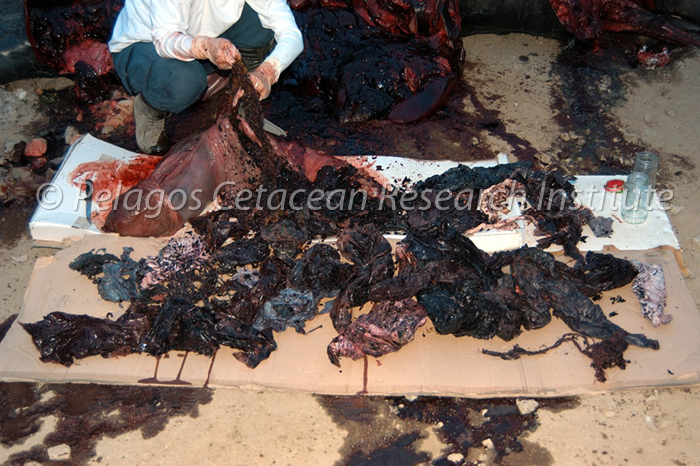In short: I tried to bring science to the problem.
But the trouble with science is, there's always more, deeper, better science that can be done. Questions can be revisited, looked at from different angles. Newer, more precise tests can be devised and performed. Even the best, most-tested scientific theories today are only approximations of reality. Newton's laws of gravity work on Earth but completely fail to predict where Mercury should be. Einstein's gravitational theories get Mercury right, but don't play well (or at all) with quantum mechanics. Meanwhile, quantum mechanics doesn't work in black holes, or the Big Bang.
Every question "answered" just brings still more questions.
It is an endless loop.
And the plastics industry knows this. They refuse to put any real skin in the plastics pollution game, claiming that there needs to be "more science" done on the problem first. "More science" can always be done on a problem; at some point a responsible society has to act against a problem before all the "science" is in.
This happened in 1969:
 |
| The Cuyahoga River in Cleveland, Ohio, on fire Source: http://www.oftimeandtheriver.org/resources/ modern/images/BurningCuyahoga.jpg |
 |
| The Clean Water Act http://en.wikipedia.org/wiki/Clean_Water_Act |
Ironically, 1972 was also the year that plastics were first extensively studied in fish populations (link opens as PDF file). Yet 40 years later, where is the Plastic Pollution Act? It keeps getting pushed back and off the plate, as there's a need for "more science." Across the US, this very day, industry lobbyists have stymied plastic bag bans/fees. They insist that cities pay for costly scientific "lifecycle analyses," or they try to ban towns from choosing less pollution on fuzzy -- or junk -- science.
Sometimes you don't need a lifecycle analysis. You just need to look up into the trees:
 |
| Source: http://blogs.denverpost.com/thespot/files/2011/ 12/plastic-bag-caught-in-tree-branches-275x183.jpg |
 |
| Source:
http://mikesbogotablog.blogspot.com/ 2011/05/bogotas-plastic-bag-problem.html |
 |
| 100 plastic bags pulled from stomach of dead sperm whale Source: http://oceanwildthings.com/2012/06/ sperm-whale-death-by-100-plastic-bags/ |
I enjoy the scientific approach to my beach collections. I like being able to look at the problem, learn to ask questions, make hypotheses, test those hypotheses, ask better questions.
But for me, the biggest questions were answered long ago: What is the biggest source of physical pollution in the ocean? Consumer plastic. What is the way to clean the ocean? Use much, much less plastic.
No more amount of science is going to change that. It's time to stop letting industry play the "needs more science" card. It's time to change the game.

